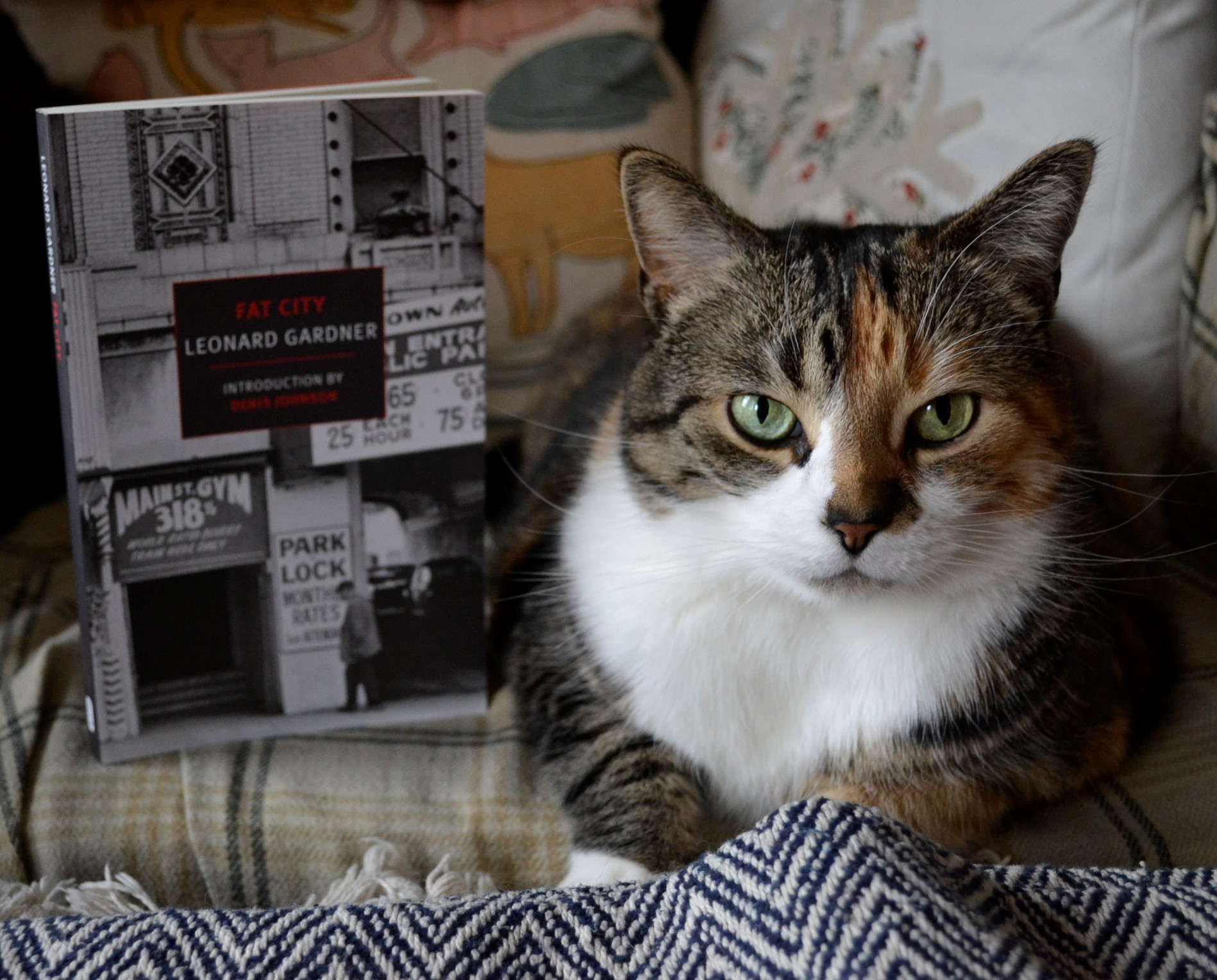Red-Winged Blackbirds
I know it’s truly spring when I see all of the spring birds start to return to the feeder. In the last two weeks there have been grackles, starlings, and a brighter flock of goldfinches. I know grackles and starlings can be feeder menaces, but I still take joy in their pure determination when it comes to trying to get to the lion’s share of seed by scaring all of the squirrels away.
However, it’s the red-winged blackbirds that I particularly wait for. There’s something about the mournfulness in their call that I always find striking. It’s a close call between returning geese, ducks, and the blackbirds for what I would declare the ultimate sound of the season. I’ve been thrilled that this year there are four red-winged blackbirds coming to my feeder. They’re such beautiful birds and I love seeing glimmers of their red wings shimmering through the still-bare birch trees.
As for plant life, there were no daffodils for Bunny Day this year, though the crocuses are struggling into bloom. I’ll just be happy when the weather starts showing a definite trajectory at the very least.
Boxing Films
Leonard Gardner’s Fat City has been sitting on my shelf ready to be reviewed for quite some time, but it was watching part of a boxing film that reminded me of it. I’ve never watched boxing and I’ve never really had an interest in it, but I have seen quite a few boxing films. A few days ago TCM was airing The Champ from 1979, and I tuned in just in time to see the legendarily tear-jerking ending. Yes, I cried. I cry every time, and I am completely unashamed of this. Humphrey Bogart is one of my favourite actors and I try to watch The Harder They Fall, his last film from 1956, every time it’s aired.
Fat City was made into a film in 1972 directed by John Huston — who is famous for The Maltese Falcon (another favourite of mine) and The Treasure of the Sierra Madre (the book of which I reviewed a little while ago). Fat City is a film that is unafraid to look at the darker side of boxing and the ugly parts of the shifting of the late 1960s into the 1970s. Huston uses shadow, colour, and darkness to create a grainy, gritty portrait of two men struggling to define themselves via their respective bouts both in the ring and outside of it. The ending, I find, is particularly powerful and I would recommend the film to anyone interested in the novel or film in general.
Two Contrasting Characters
Fat City centres around the lives of two men. Billy Tully is a former champion that is now well past his glory days dealing with the realities of poverty, pervasive alcoholism, and the knowledge that the best of his life may be behind him as he wanders aimlessly between odd jobs and yearns after the wife that’s left him.
Ernie Munger is only 18, and his life is ahead of him even if he doesn’t quite know what to make of himself and what path to choose. He meets Tully in a gym and, after they spar, decides to try to box professionally as Tully tries to re-ignite his own career.
Munger is at the beginning of his journey, whereas the reader can sense even at the start of the book that Tully’s opportunities are nearing their end. While Tully’s and Munger’s lives intersect time and again and one or the other often tries to connect, they never quite manage to. Tully sees Munger as the youth that has passed him by, whereas Munger looks at Tully with a dread of his own uncertain future.
Using such character contrasts as a device to propel the plot forward is not simple. In fact, it’s nearly unspeakably complicated to pull off in the course of a novel that is this compact, but Gardner manages it and does so with remarkable skill.
Two Like Stories
Though Tully and Munger are at different stages of their lives and careers as well as having different attitudes to boxing, they also share many subtle similarities that Gardner weaves flawlessly into the text. Tully’s marriage is over, and though Munger has only recently married, he already feels a lack of connection to his wife and to his son. Both men are struggling to achieved something unnamed. They want a good life that they’re proud of. While both are failing in different ways — Tully more obviously, Munger more quietly — each are failing and feeling the sting of that failure.
The common thread of boxing propels the story but it serves as a bedrock for each character. Tully blames his manager for the downward spiral his life is in. For Munger, it’s the symbol of his indifference and ambivalence when it comes to guiding his own fate and charting his own course.
Garden Plans Begin
My lovely spouse has decided to seriously tackle organizing our gardening and outside tasks this year. The last two have full of plans for projects that were never quite realized and it’s been frustrating. Right now her plan is to spend fifteen minutes a day in the garden, and to prepare for that she’s been diligently making notes on every plant we have both outside the house and inside it. Plus she’s busily researching the seeds she’s borrowed from the Royal Botanical Garden’s seed library. So she’s already working hard, even though the snow isn’t fully gone yet.
I’m normally overwhelmed by garden tasks, but the organization is actually helping to calm me down about it, to the extent that some daily time outside doesn’t seem quite so awful as it has in the past. Hopefully we get a bit more sun soon, and the flowers have a chance to grow. So far, I’ve only had a very waterlogged backyard to look out upon.
